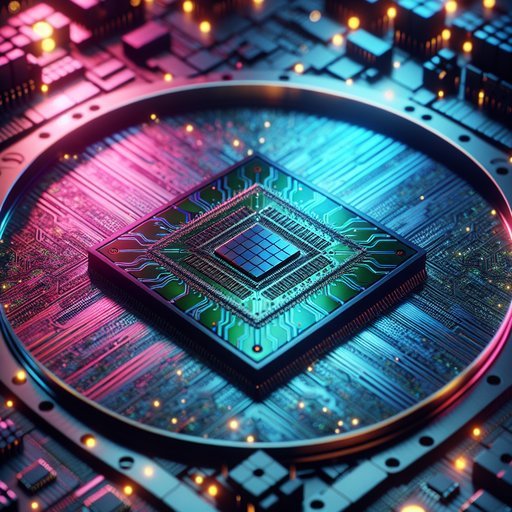
Recent developments in chip manufacturing underscore the accelerating pace of innovation in the semiconductor industry. Companies like Synopsys and Samsung Foundry are forming strategic alliances to advance AI chip designs, while Apple and NIO explore new territories in their semiconductor capabilities. These movements highlight the critical role of AI in reshaping the landscape of global technology, promising enhanced performance, efficiency, and capability for various industries.
Synopsys Inc. has teamed up with Samsung Foundry to revolutionize AI chip design. This collaboration aims to leverage Synopsys' expertise in electronic design automation (EDA) software, combining it with Samsung's manufacturing capabilities to push the boundaries of AI [1, 2]. By integrating AI into chip design workflows, these giants seek to streamline processes and enhance chip performance, an imperative in the rapidly evolving tech industry.
Meanwhile, Apple is considering adopting generative AI to accelerate their custom chip design efforts. Generative AI could enable faster prototyping and testing of new chip designs, broadening Apple's competitiveness in creating high-performance hardware [4, 10]. With established EDA companies like Synopsys and Cadence already incorporating AI into their systems, Apple's potential adoption reflects the broader industry trend towards AI-enhanced chip design [1]. In another significant move, NIO has spun off its chip division into a new subsidiary called Anhui Shenji Technology.
This strategic decision aims to enable NIO to develop tailored AI and automotive chips, positioning itself to compete with industry stalwarts like Nvidia [2]. This development not only highlights the rise of AI within traditional automotive realms but also underscores the increasing demand for specialized chips in various sectors. As companies race to integrate AI into chip manufacturing, China is reportedly only two years behind the U.S. in design capabilities.
This rapid catch-up could lead to increased competition in the global market, as Huawei prepares to export AI chips [6, 7]. Such advancements might provoke shifts in supply chains and spur innovations, keeping the semiconductor industry in a state of dynamic evolution.
Sources
- Apple eyes using AI to design its chips, technology executive says (BusinessLine, 2025-06-19)
- NIO spins off chip division, wants slice of Nvidia's AI pie (Digitimes, 2025-06-20)
























